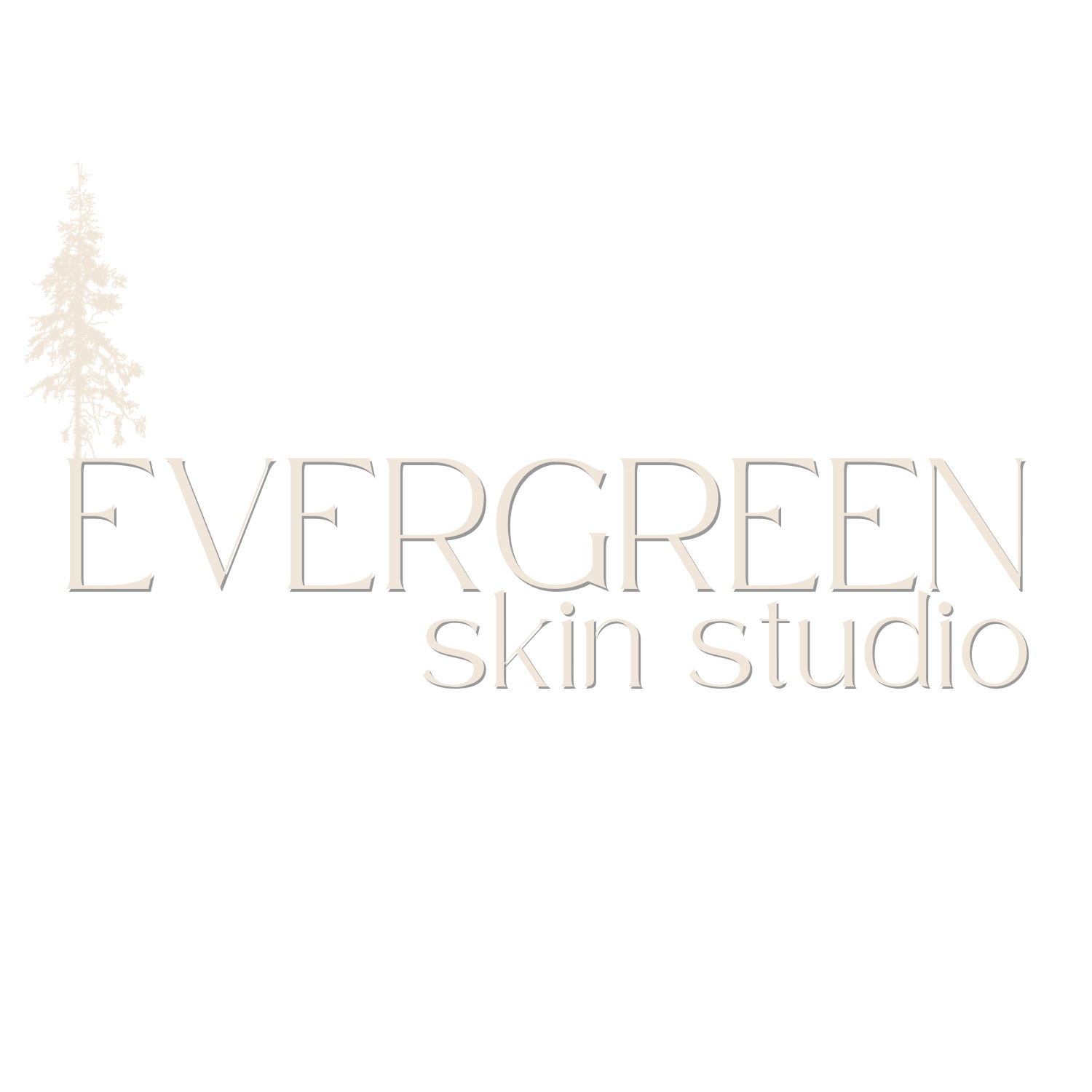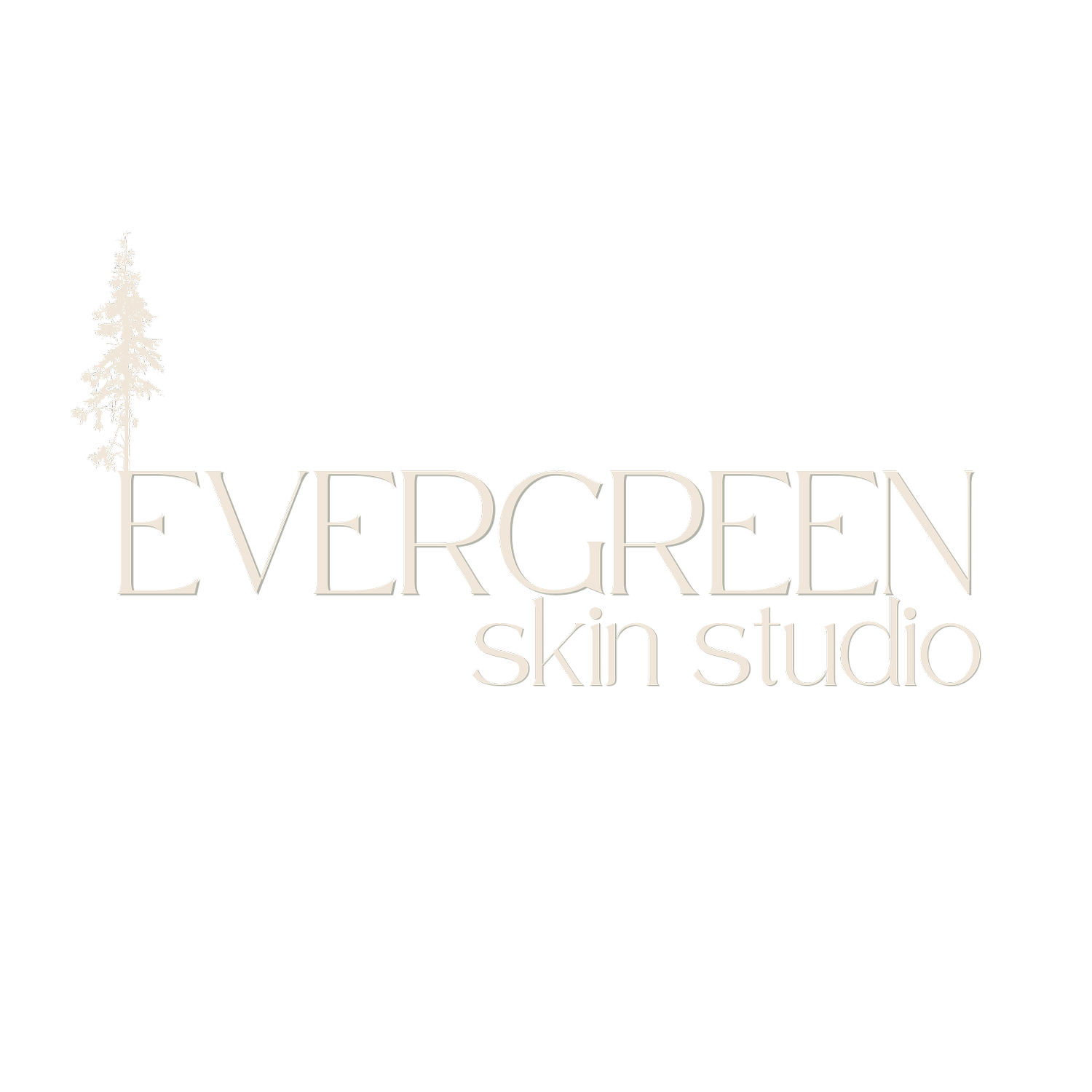22 Pro Tips For Your Healthiest Skin Ever
(From the archives 1/24/21)
Believe it or not, this is just a short list of tips I’ve collected over my almost 20 years as a holistic esthetician.
1. Never use any cleanser that makes your face feel dry.
Binders that hold together some ingredients are in an alkaline base which strips all the water and natural oils from the skin. In general the more lather your cleanser produces the more drying it will be to your skin. This is why I love cleansers with a milky feel that don't foam much.
2. Avoid toners or other products with alcohols
Again alcohol strips the skin of water. If you're oily, don't try to dry up all the oil because this will throw the skin out of balance and may also cause it to produce ALOT more oil! Toners should be balancing, calming and refreshing. They shouldn't tighten or dry up the surface of the skin.
3. Get regular professional treatments
A professional treatment can give you things you just can't achieve on your own at home. Estheticians have spent months and years learning about your skin and in some cases have a wealth of knowledge gathered from treating a large variety of skin types and conditions. A professional deep pore cleansing customized to your skin is unbeatable.
4. Less is more when exfoliating
While this is my professional opinion that I have formed from years of experience treating clients, it is in fact, an unpopular opinion. There are gads of articles out there telling you to exfoliate like crazy and even a lot of estheticians that will tell you to use extreme exfoliants and use them often. Here is the deal: your skin is an organ. In fact, it is the largest organ you have. This organ has specific functions, one of which is to ack as a barrier to keep out harmful pathogens. Too much resurfacing can cause injury to the skin and may jeopardize its barrier function. Some of the effects of over exfoliation I've seen on clients over the years are extremely dry, paper thin, fragile, stressed out and over sensitized skin. When exfoliating at home, opt for gentle exfoliants and pay attention to how your skin responds. If exfoliating leaves you dry and tight or red and irritated it may be time to back off.
5. Prevention is key
If I could go back and talk to my 20 year old self right now the first thing I would tell her is to wear the sunscreen! Prevention is the most effective way to keep your skin looking young and healthy and free from sun damage. The second thing I'd probably tell my 20 year old self is to lay off the sugar! Consuming sugar causes inflammation in the skin (and the whole body really) which leads to acne and premature aging. It doesn’t matter what age you are now, you can still implement prevention as a key skincare strategy.
6. Don’t over treat acne
This is a common mistake I encounter with acne clients. Acne is an inflammatory condition and usually needs to be soothed and cooled. Harsh treatments and too many stripping ingredients can cause the skin to over-react to defend itself, creating more breakouts and even long-term sensitivity. If you have acne, consult your esthetician for a treatment plan.
7. Know what ingredients to avoid.
There are plenty of opinions out there about what's toxic when it comes to skincare ingredients. The fact is the industry is self-policed and you have to look at where your information is coming from. Sadly there are too many potentially toxic ingredients in personal care products to list here, so I've just listed my top 6. Not only do I find these troublesome, they just aren't necessary and there are plenty of products out there with healthy ingredients that benefit your skin so why not avoid these?
-Mineral Oil and Petrolatum because they can be pore clogging and are derived from petroleum.
-Synthetic dyes (can be listed as F D & C #) These are common skin irritants.
-Sodium or Ammonium Laureth/Lauryl Sulfate in cleansers: They are drying and irritate your skin's barrier.
-Synthetic fragrances. These are common allergens and hormone disrupters.
-Formaldehyde. It's a known human carcinogen. It's tricky to recognize on ingredient labels but you can learn more here.
-Parabens. These are preservatives that have been linked to cancer and hormone disruption. You can find more info on them
8. Skip dairy if you're prone to breakouts
Try cutting dairy out of your diet for 2 weeks and see if your acne improves. Dairy contains cow hormones which can contribute to breakouts and it's also a very "clogging" food. Wear sunscreen daily A large portion of sun exposure is incidental. Protect yourself from unnecessary sun damage by using a moisturizer with SPF and/or mineral powder/makeup.
9. Give yourself mini facials at home.
When I say mini-facial, I mean a thorough cleanse (double cleanse is best), light exfoliation, face massage and mask. Ask your esthetician for recommendations on at-home facial products. You can do an at home facial once a week or more depending on your products. Your skin will be smoother, brighter and taking some time out for yourself is great for your overall wellbeing too.
10. Use a retinol.
A good quality retinol product will assist the skin cell turnover process and leave your skin looking younger and healthier. Your esthetician can recommend one that is right for your specific skin condition.
11. Don’t over scrub
Scrubbing your face too much can cause sensitivity, redness, rashes, breakouts and even broken capillaries. Not pretty at all. Be gentle with you face!
12. Use a skin oil
Even if your skin is already oily, putting oil on your face is the way to go. Whether it's oil cleaning or oil based serums and treatment products, it's important to get the right oil for your skin condition and know how to use it. Your esthetician can help you find the right one.
13. Increase the circulation in your face
Massage your face at least once a day. It's easy. When you’re cleansing or applying serums just spend a few extra minutes massaging your face. It will increase blood flow and improve the draining of fluids in the tissues and in the long run you'll have a healthier looking complexion.
14. Know what's in your cleansing wipes.
I'm not a big fan of face wipes. I know they can be extremely convenient though. Pay close attention to the ingredients in your wipes. Many contain alcohols that dry and irritate the skin and they often contain synthetic fragrances which can be hormone disruptors.
15. Don’t neglect your neck and chest.
Use all your face skincare products on your neck and chest. Also show some love to the backs of your hands! These areas have usually been neglected but still have received the same amount of sun exposure so they need attention!
16. Vitamin C is your friend
Vitamin C is necessary for collagen production. Eating Vitamin C foods is awesome for your health in general and can be beneficial to your skin too. However, your skin tends to be last in line to receive dietary vitamin C, so try a topical vitamin C as well. I like vitamin C products that are oil soluble so they are gentler on the skin. Look for Tetrahexyldecyl Ascorbate on cosmetic labels.
17. Get at least 7-8 hours of sleep every night
This can be a tough order to fill for some, but trust me it is very important. Lack of sleep shows up all over your face in the form of bags under the eyes, fine lines and poor skin tone. Try making sleep a priority.
18. Don’t forget to re-apply
If you're going to spend time outdoors, you really need to reapply your sunscreen every 80 minutes or so. This is the most common mistake I see with sun protection, it is not a one and done thing. Same goes for day to day face SPF. I like to keep a little mineral powder on hand for face re-application. (It won't mess up your makeup either!)
19. Don’t be a picker
Picking at pimples or anything else on your skin can cause lasting damage to the skin in the way of broken capillaries and can cause acne to scar. Just don't do it. If you have acne that you feel needs extracted, call your esthetician, we live for that stuff! Estheticians know which clogged pores can be safely extracted and the correct way to do it to avoid scarring. When we can't extract them, we have other safe ways of treating them.
20. Know when to use what
Let’s face it, there are a ga-zillion beauty products on the market. It's easy to end up with a mix and match hodgepodge collection of stuff. I'm as guilty as anyone when it comes to this! Consult your esthetician for a product audit. This can usually be done at the spa or by FaceTime or zoom call. We are product junkies and we're great at knowing not only which products are right for your skin but can advise you on what to use and when and how to use it.
21. Keep a calendar or diary to identify breakout causes
This doesn't need to be a complicated process. Simply keep a side by side list of what you’re eating and how your skin looks/ feels. This can be done in your planner or even as a list on your phone. Look for patterns. Sometimes just because a food is "good" or "healthy" doesn't mean it can't negatively effect your skin or body.
22. Adjust your skincare seasonally
Just as you would change your wardrobe, you may need to make adjustments to your skincare products for changing weather. Change your face cream and foundation to one with a little more moisturizing ingredients in the winter or in dryer climates and lighten things up in the spring or summer. Your skin is very much affected by the seasons.
Need help with your skin? Feel free to reach out to me. We can work on finding a solution together! Whether it be products, treatments, or lifestyle tips. Oh and thanks for reading this all the way through!
Stay well,
Pam
Disclaimer: This blog provides general information and discussions about skin health and related subjects. The information and other content provided in this blog, or in any linked materials, are not intended and should not be construed as medical advice, nor is the information a substitute for professional medical expertise or treatment.

